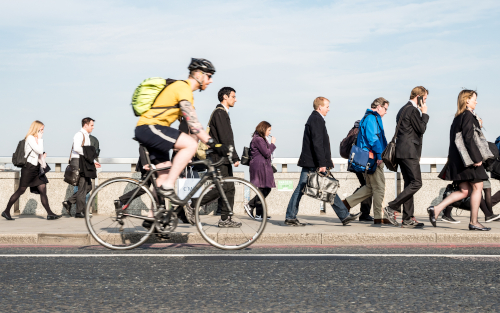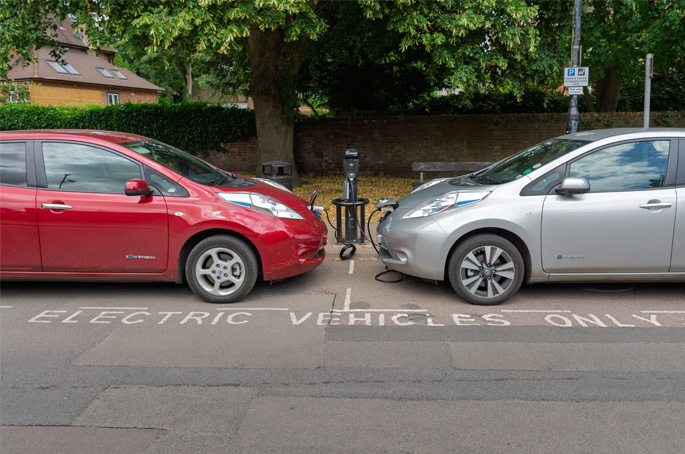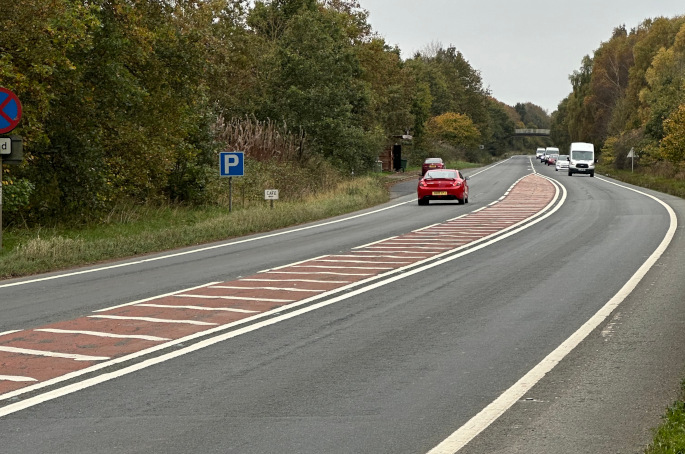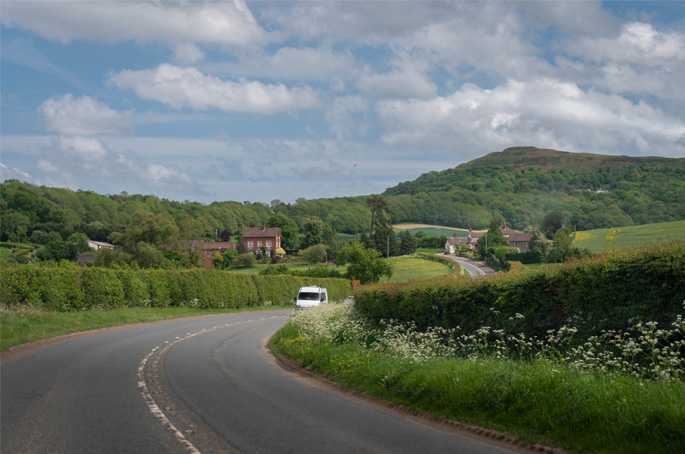The Government looks set to miss key active travel targets and is slipping behind schedule on the third cycling and walking investment strategy (CWIS 3), Highways can reveal.
The current CWIS 2 started in April 2021 and ends this March. The Department for Transport (DfT) has not launched a consultation on a third strategy yet, as it is legally obliged to do before publishing one, suggesting it could miss the March deadline for a new CWIS to be in place.
Under the Infrastructure Act 2015, if a CWIS is not in place the transport secretary is obliged to 'lay before Parliament a report explaining why a strategy has not been set, and set a strategy as soon as may be reasonably practicable'.
The Act also states that ‘before setting or varying a Cycling and Walking Investment Strategy the Secretary of State must consult such persons as he or she considers appropriate'.
As the consultation on the first CWIS ran for two months, the DfT may have missed the March deadline and so transport secretary Heidi Alexander will have to provide an explanation to Parliament on the delay.
The DfT said it was currently scoping out options for the third CWIS and will consult stakeholders before the publication of the strategy, as required by the 2015 Infrastructure Act.
A DfT spokesperson said: 'Walking and cycling has significant health and environmental benefits, which is why we recently announced a nearly £300m boost for 300 miles of new cycle tracks and footpaths.
'This will lead to 43,000 fewer sick days every year, easing pressure on the NHS, and will add £9m to the economy as we deliver our Plan for Change. We will set out our plans for active travel investment beyond 2025 in due course.'
Targets in doubt
The Government is also struggling to meet CWIS targets.
Following on from CWIS 1, the DfT confirmed the following targets for 2025 in CWIS 2:
- increase the percentage of short journeys in towns and cities that are walked or cycled from 41% in 2018 to 2019 to 46% in 2025
- increase walking activity, where walking activity is measured as the total number of walking stages per person per year, to 365 stages per person per year in 2025 (this was updated from 300 in CWIS 1)
- double cycling, where cycling activity is measured as the estimated total number of cycling stages made each year, from 0.8 billion stages in 2013 to 1.6 billion stages in 2025
- increase the percentage of children aged 5 to 10 who usually walk to school from 49% in 2014 to 55% in 2025
Active Travel England confirmed to Highways that the latest figures, from 2023, show:
- Percentage of short journeys in towns and cities: 43% in 2023
- Walking stages per person per year: 325 in 2023
- Total number of cycling stages made each year: 0.9bn in 2023
- Percentage of children aged 5 to 10 who usually walk to school: 49% in 2023
Based on the current rate of progress, these targets are likely to be missed. For instance, the estimated total number of cycling stages made each year has only progressed by 0.1bn in the last 12 years. To make the target, these stages would have had to increase by a further 0.7bn, by the time the official 2025 figures come out next year.
An Active Travel England spokesperson said: 'Since being established in 2022, we have invested more than £500m to deliver hundreds of active travel schemes across the country, while training councils to help them build infrastructure that is safe and accessible for all road users.
'We are working alongside the Department for Transport as it prepares to establish renewed objectives for active travel in the next Cycling and Walking Investment Strategy (CWIS3).'
Chris Boardman, a National Active Travel Commissioner for Active Travel England, was recently quizzed by the Transport Committee.
Mr Boardman pointed out that 'our funding [has] fluctuated massively' and that 'the political landscape has fluctuated quite considerably since we were formed'.
He added: 'In fact, almost from day one we had a very strong mandate and direction to increase levels of cycling... We were very clear on our purpose. Then very quickly, as ATE became established, the political priorities shifted.'
































